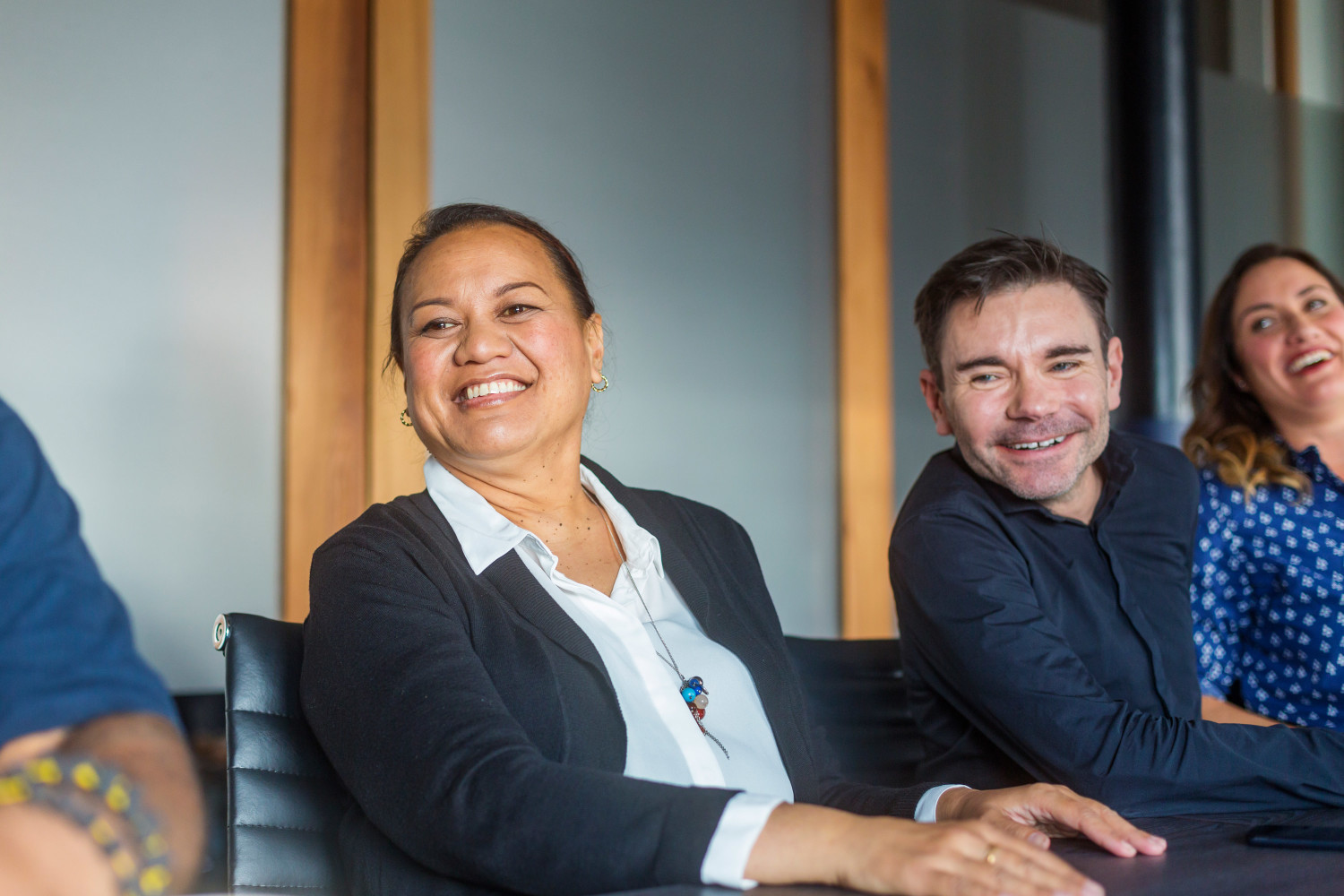Start-Up Funding 101

Te wairua rakahinonga
Entrepreneurial spirit
Just getting started on your first entrepreneurship journey? Here’s a quick primer on how raising funds for a start-up works.
What is venture capital?
Even the best ideas can’t be brought to life without funding. It takes money to develop a prototype, demonstrate that your product fills a market niche and expand your team. Venture capital can help you do that.
If you can convince an investor to back you, whether they are individuals (angel investors) or a venture capital company, they will provide you with funding in exchange for shares in your company. Once the company is ready to go public (i.e. be listed on a public stock exchange), be acquired or operate as a mature firm, the venture capitalist will look to exit by selling their shares in the company, hopefully for a profit.
Venture capital comprises pre-seed funding, seed funding, Series A funding and beyond.


What is pre-seed funding?
Pre-seed funding comes in at the earliest stage of starting a company. Founders often start by investing some of their own money into their idea or getting friends and family to back it. If ‘friends and family’ support is unavailable or inadequate, some founders look for pre-seed capital from external sources such as angel investors and sometimes early-stage venture capital funds such as the University of Auckland Inventors’ Fund.
For investors, pre-seed investment is a gamble because they’re putting money into an unproven idea that may not be successful. The investors might take shares in your company, or given the difficulties of valuing early-stage IP, they might instead offer a loan that can either be repaid or converted into shares down the line – a convertible note.
What is seed funding?
Some start-ups can ‘bootstrap’ (self-fund) themselves at the very earliest stages instead of going for pre-seed funding, but almost all need seed funding. The first ‘official’ funding round, seed funding typically includes institutional investors such as early-stage venture capital firms.
At the seed stage, a start-up is still getting off the ground but is more than just an idea or prototype. The company has a product, even if it’s still being refined, and has demonstrated a market need for its product. When venture capitalists invest in a seed round, they’re not making a loan – they’re becoming part owners of the company.
The University of Auckland Inventors’ Fund provides seed funding and is therefore part owner of the companies in its investment portfolio.


What is Series A funding?
A start-up that has outgrown its seed funding might seek Series A funding. At this stage, a company has developed a track record in the form of a customer base and revenues but needs further investment to grow or to achieve goals such as developing more products or going international. Investors in Series A rounds tend to come from traditional venture capital firms and are looking for companies with a strong growth strategy.
UniServices supports companies to succeed in Series A and further funding rounds and may co-invest with others in these rounds, deepening its involvement in these growing companies.
Series B and beyond
There can be more financing rounds – Series B, C, D, E, etc. At the Series B stage, companies have gone beyond the development stage and are looking to grow quickly. Series C is a level up for companies that are already quite successful and looking to scale, which may include developing new product lines, expanding into new markets, or perhaps acquiring other companies. A number of UniServices-backed companies have had successful Series B and C raises.
Some companies go for Series D or further venture funding to grow even more before an initial public offering (listing on the stock market). Many, however, choose to go public as the next step after Series C.
